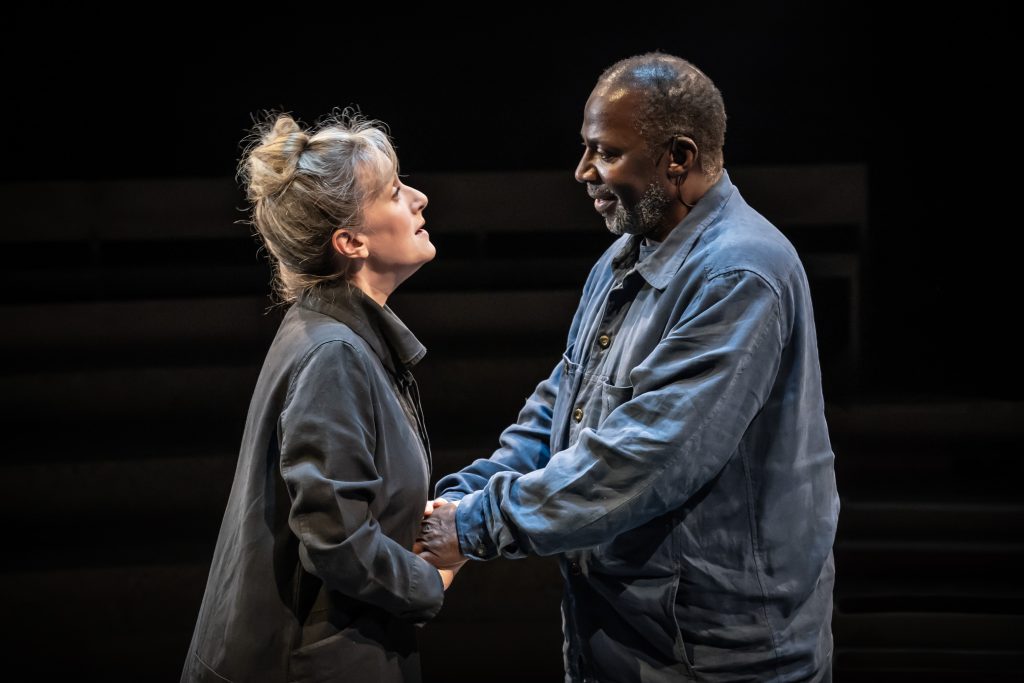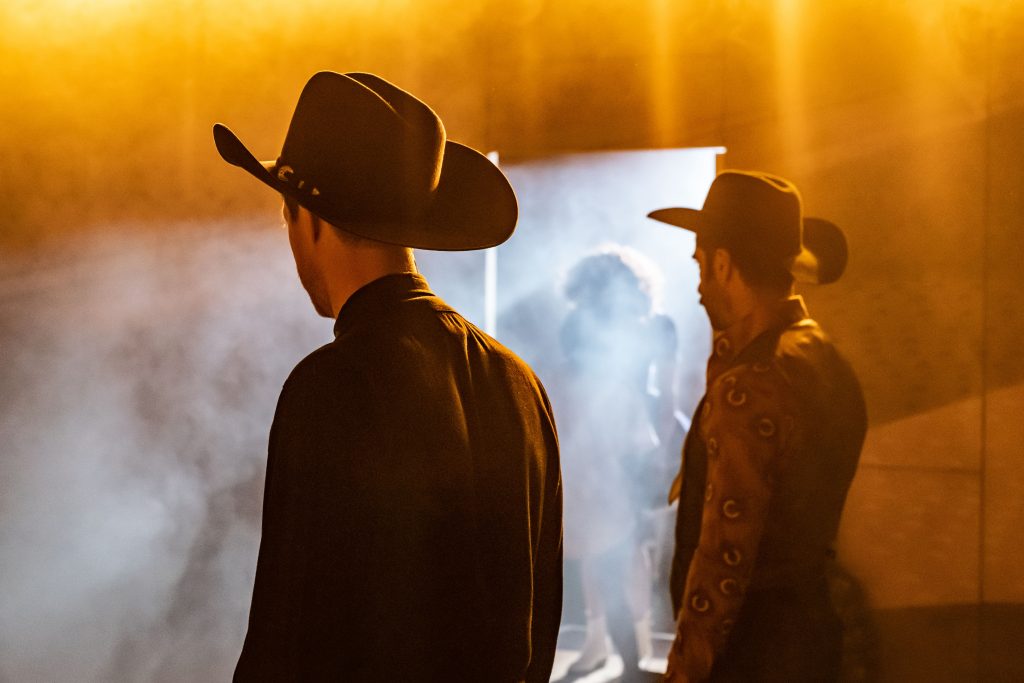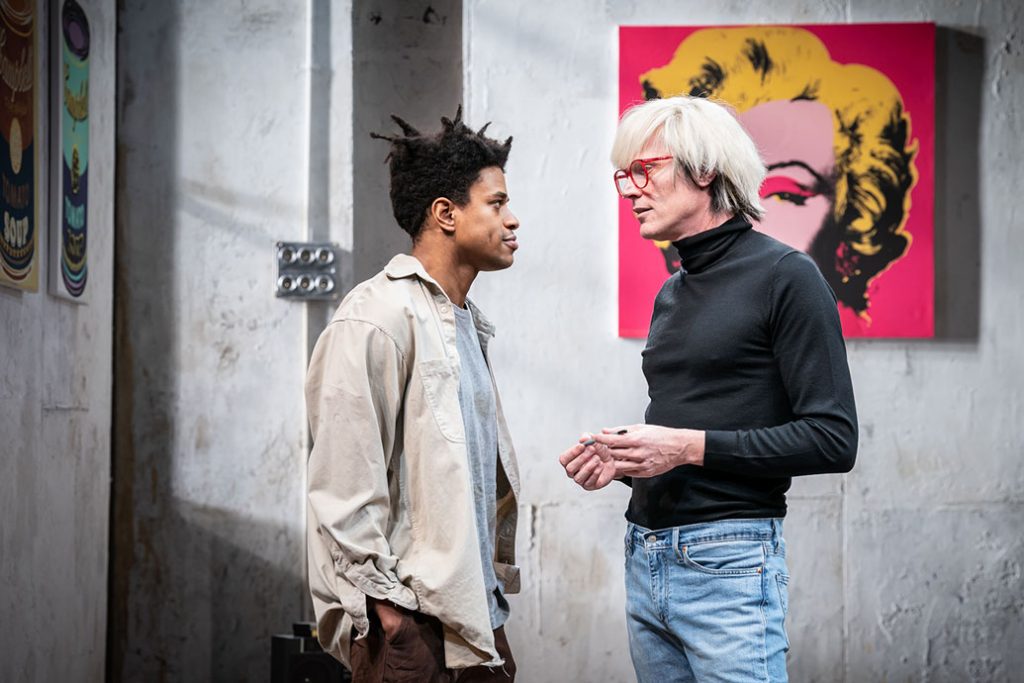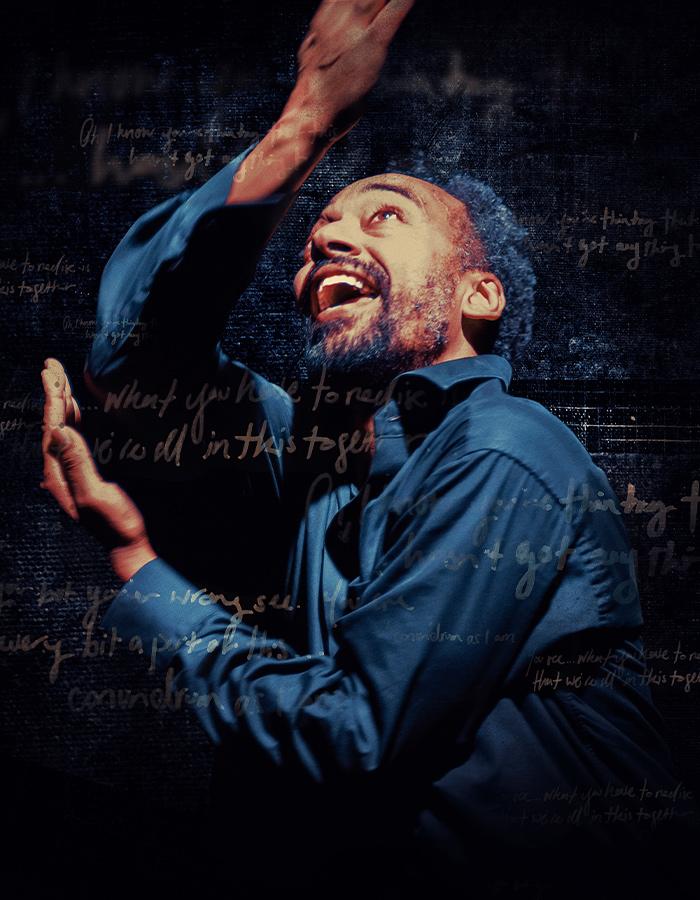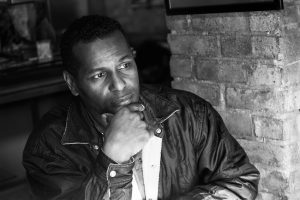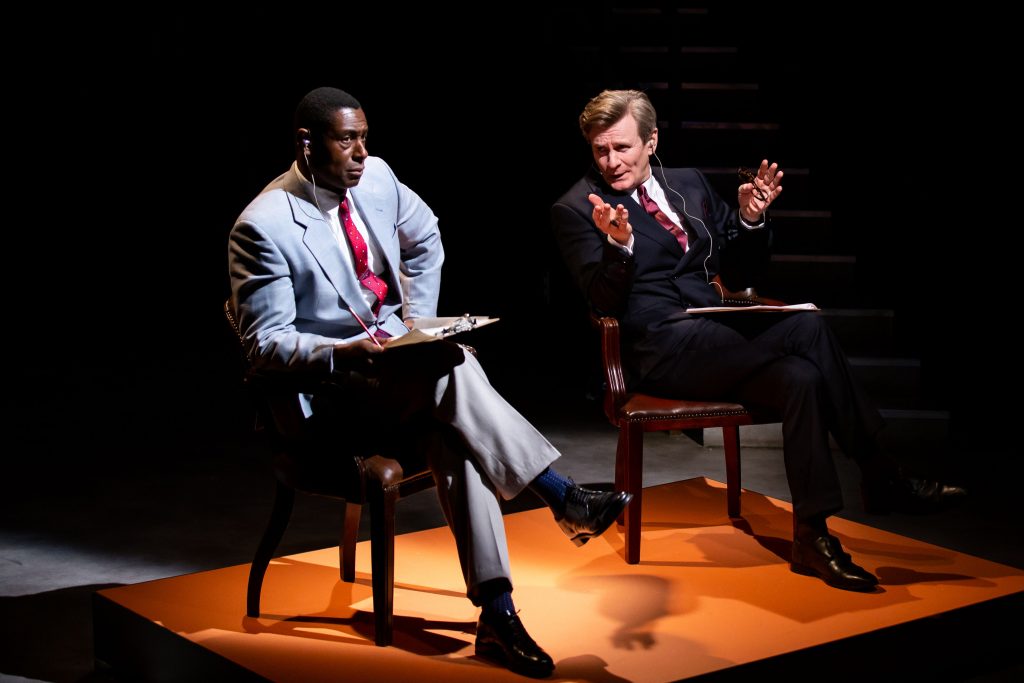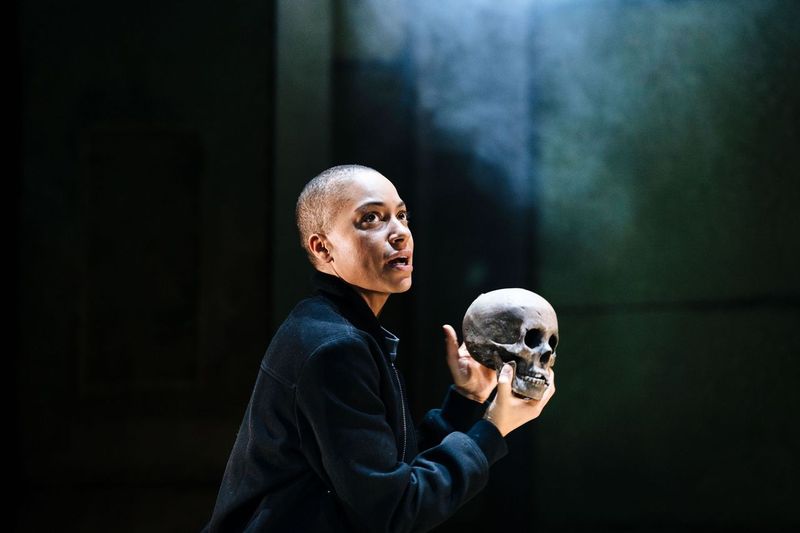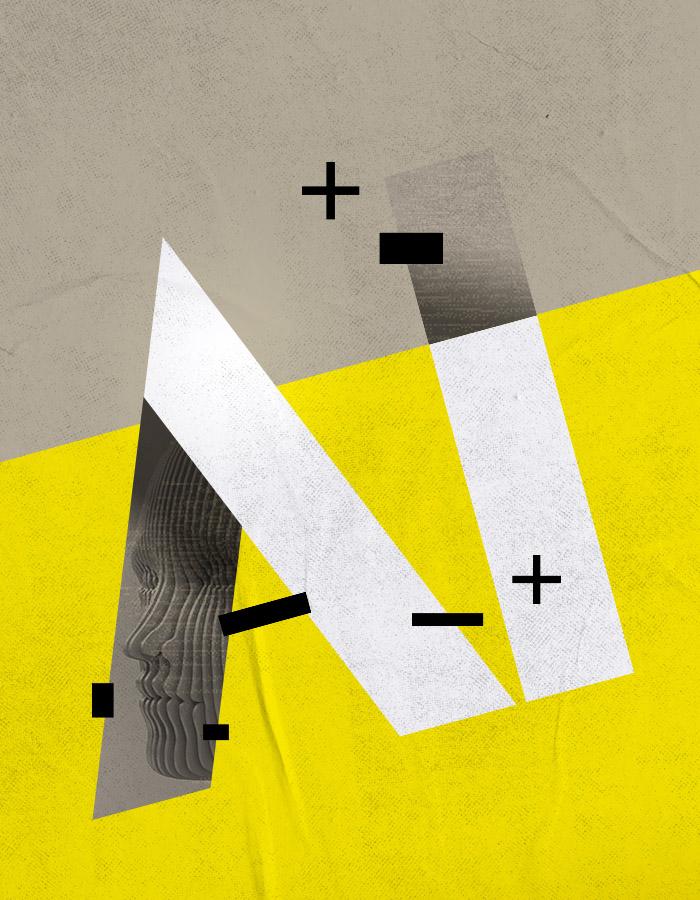Our childhoods shape who we become, experiences and encounters laying the footprint for how we confront situations in later life, traumas, whether obvious or not shrouding how we react to the day to day – memories incredibly significant, powerful enough to dictate what life looks like for us in the present moment. Translated from Édouard Louis’ Qui a tué Mon père (Who Killed My Father), Ivo Van Hove’s translation of the same name draws on Louis’ autobiographical work, is a reflection of his complex relationship with his macho father, an alcoholic battling his own demons, beaten down by his work in the heavy industry and pressured to maintain his role as the man of the house. The fallout of this resulting in a clash in ideologies, volatility, a decline in mental health and non acceptance.
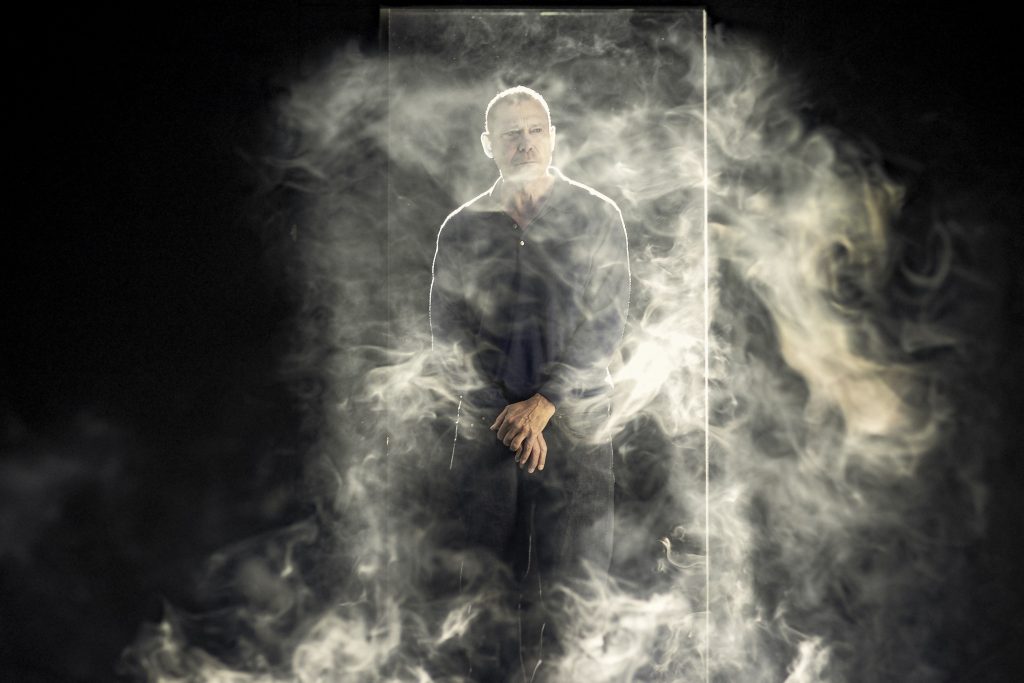
Courtesy of Jan Versweyveld.
Continue reading



